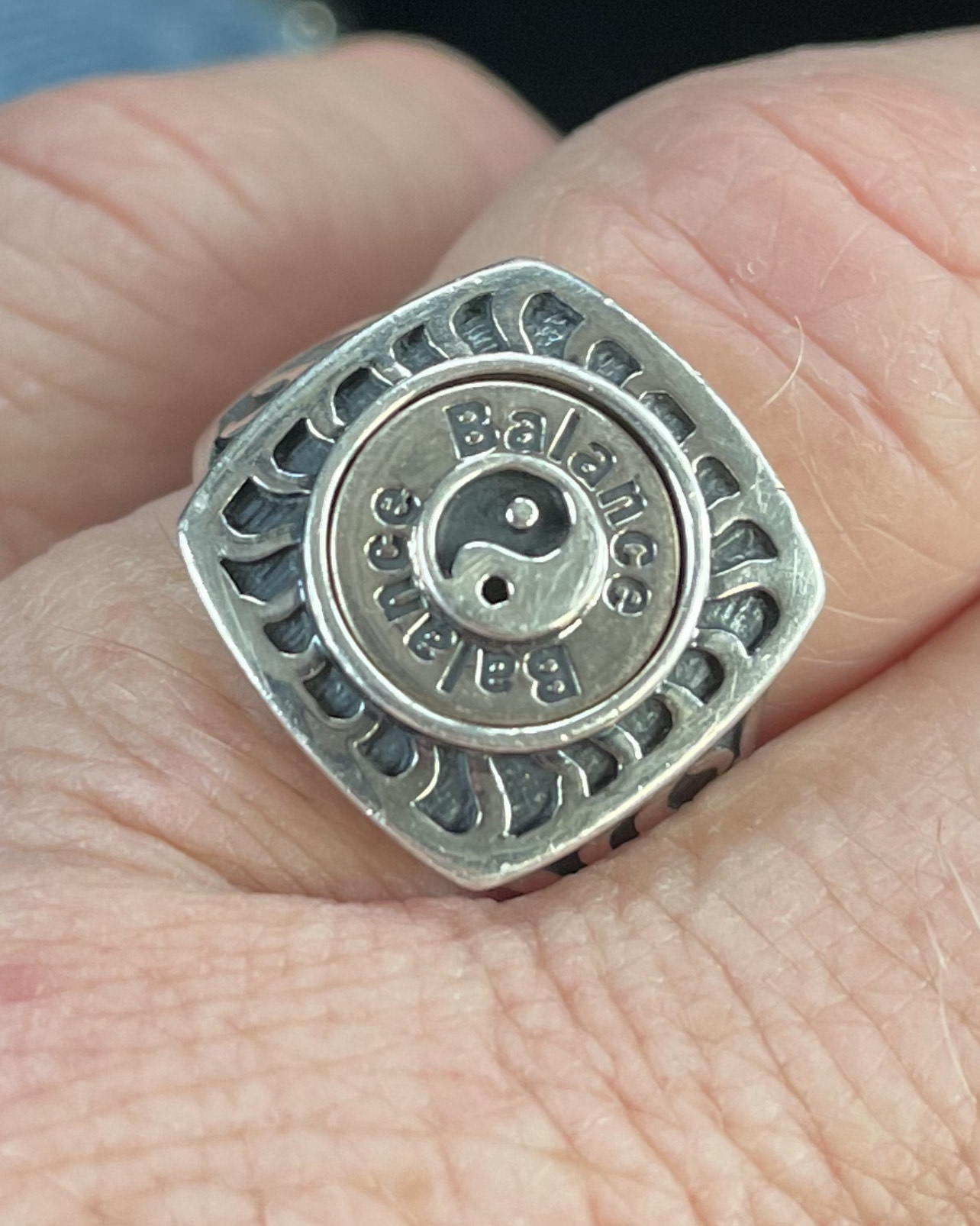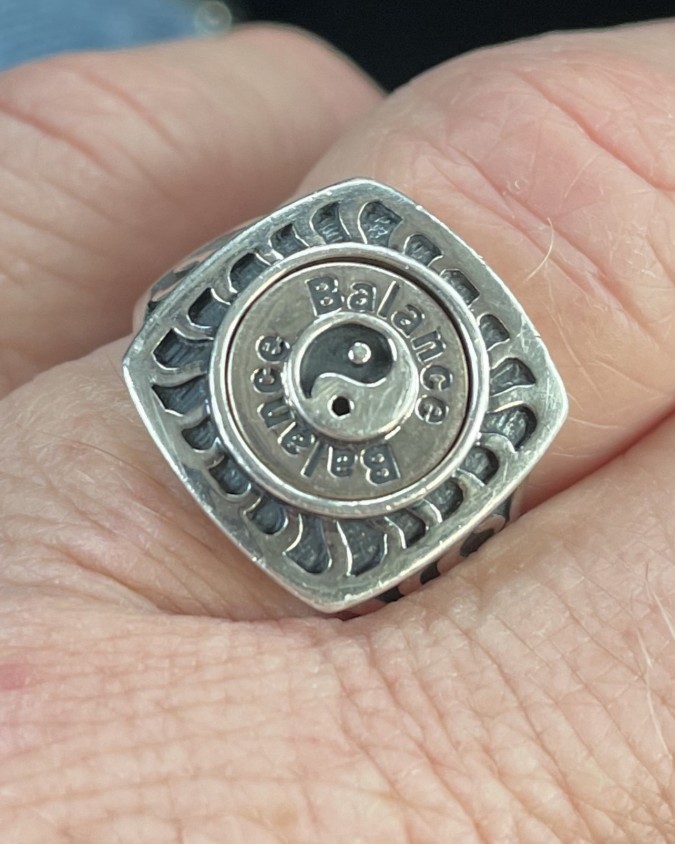I've had a crazy idea. (I know, rare for me).
If you took fish mulm , and put it in a coffee filter to take out the solids, would you get a lot of the bacteria that were in that fish mulm?
Would you get more of the bacteria out if you put the mulm in a food processor and ran it for a minute? And then put it through the coffee filter?
If you put that extract over ice, would the icing kill a lot of those bacteria?
Finally, and here's the crazy part, if you drink it, what might you ingest that could be pathogenic? Or would you say that it probably would be gross but harmless?
Have you ever heard about SAR-11?
I believe there could be a strong relationship from that to “microbiome”.
Let me put it together for you so that you don't think I'm completely crazy.
The first premise is that our gastrointestinal tract functions on the basis of bacteria. A Yin and Yang of bacterial players most of which we do not even know. That our immune system is hugely impacted by our gut health. This is a fundamental concept found in “micro-biome”.
Yeah, micro-biome is a thing now these days. It's amazing.
To wit: They are homogenizing tissues, from human patients, and looking at the “genetic signatures” or DNA from bacteria in our bodies, and they can recover bacteria even from once sacrosanct tissues such as our brain, The DNA signatures of many bacterial species. These are bacteria that we cannot grow in a petri dish. We are only now just learning of their existence, their identities, and what tissues they exist in. The emerging concept is that we depend on bacteria and some of their metabolic products for various aspects of our enzymatic and immune functions. I have no trouble believing that.
Think of all the things that bacteria can do, they can secrete chemicals that kill other bacteria, they can directly kill other bacteria, they can secrete many compounds that are bio active on other types of cells. Basically, bacteria can terraform the world around them. What are they doing in our bodies? My suspicion is, that, by and large, they are doing us a huge benefit.
Another “thing” these days is the idea that we are not taking in enough germs, and that some of the things we eat, such as preservatives and antibiotics, promote and or kill some of the bacterial players in our bodies. Imagine that it's true that we depend on a balance of good and bad bacteria throughout our bodies, all of our tissues, how bad it would be to knock out one of the pillars species? If we took an antibiotic that killed an unknown species of bacteria that was a gatekeeper to some other situation, what kind of cascade or domino effect would that have? Here's the scary part. We are only beginning to understand what that cascade and what those bacterial relationships look like.
They are already discovering that in some sick patients such as lupus, these people are missing certain DNA signatures, indicating that for whatever reason they do not have some bacteria that everyone else has. In other cases they are showing that certain diseases are associated with extremely high levels of a particular DNA signature. Again, these are species that they can't grow and study. They only know that they are there, or that they are not there, as a sort of “syndrome” among patients with the same prevailing conditions.
OK, now the comment regarding SAR 11.
10 years ago one of the earliest DNA signatures they found outside in the environment, of the greatest interest, was SAR 11. It was found in all environmentsthat supported life forms. In the Arctic Ocean there were almost none, in the Amazon basin it was thick as smoke.. But what they noticed was it was in its highest concentration in healthy, unpolluted, balanced environments. It was either an indicator indirectly of environmental health, or perhaps the converse, that it was the cause of such good environmental health. In any event they have continue to study SAR 11.
Here's a fascinating fact, for all the lipservice and science surrounding “fiber”? It all boils down to ONE compound doing all the work, and that is “inulin”. Not inSulin. But inulin. Several sciences, all talking about the benefits of fiber in our diets, none of which are wrong, all of which culminate in the basic fact that we are not getting enough inulin. And nowadays you don't even have to eat a carrot to get your fiber, because the active compound on the intestinal villi and in the digestive tract is inulin.
Here is the parallel: if our bowel is our second brain, if it is the power plant of the most important compounds and functions in our body, if it is fired by a balance of good and bad bacteria, and if somehow we are diminishing our good bacteria with antibiotics and poor diet, what exactly is the environmental active ingredient that we are NO LONGER taking, that our ancestors did?
Why not SAR-11? The most prevalent bacteria in healthy aquatic environments at equilibrium, what better microbe to take to establish a healthy microbiome? Maybe I'm onto something. But I don't want to die trying it.
OK to close the discussion, think about what dogs drink. And think about the difference in health between dogs that are outside all the time drinking rainwater and eating dirt, and licking water out of our ponds versus always indoor dogs drinking water from a bowl getting no dirt. From my side of the table I see overall better health from the dogs that get sunlight, exercise, dirt, and bio active water.
The same observation can scientifically be proven regarding plants, livestock, turtles, and fish grown in a laboratory versus in a world full of challenges such as found outdoors. So, what delusional condition are we suffering with that somehow exclude us from that biological dynamic. Nay, that biological requirement.
Just to go on record saying: “I believe technology has taken us away from a basic biological need. That not only do we support, and strengthen our immune system's by the strategic ingestion of what we are finding to be ubiquitous beneficial microbial players, but we also replenish it.”

